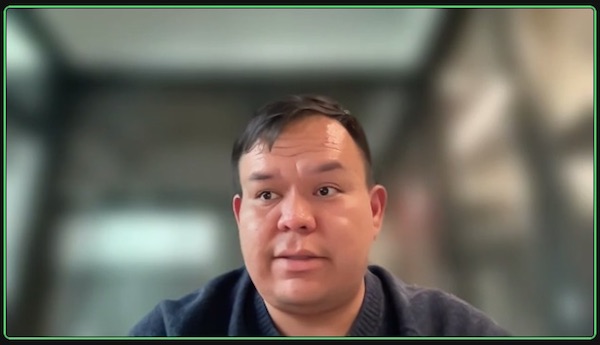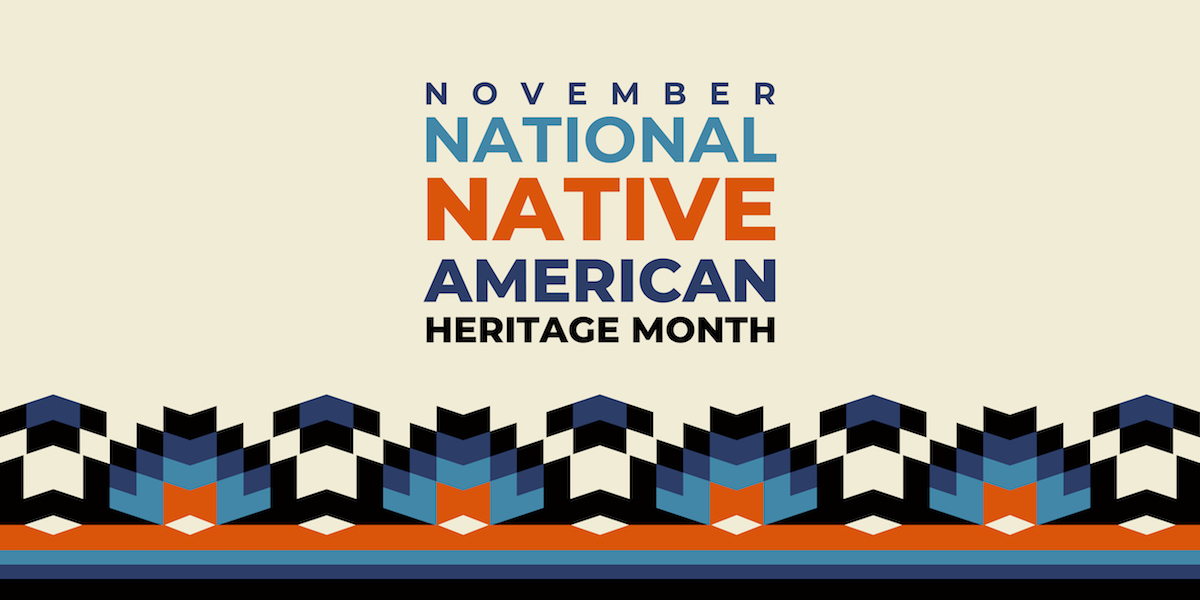The MPI Academy’s latest 30-Minute Monday webinar—powered by Wordly—featured, Kelsey Woody, a citizen of the Navajo Nation and director of events and projects for Native Americans in Philanthropy, to explore cultural sensitivity and inclusivity during Native American Heritage Month (November).
Woody began the discussion by noting that his group centers its planning and programming around the four Rs.
Relationships
“We couldn’t do any of this alone.”
Responsibility
“To care for those with whom we have a relationship”—the native community, the planet, etc.
Reciprocity
There’s a balance to these relationships—ask whether you’re embracing purely transactional relationships or something deeper.
Redistribution
“If you have plenty of resources, you [should] share those resources for the greater good of the community.” This isn’t limited to physical resources, he elaborated, it also encompasses knowledge and more.
Planning in native communities doesn’t always appear very different than planning in other contexts, Woody noted, before homing in on inclusivity.

“I’m seeing a lot of great uses of prayer rooms, quiet rooms and other ways [to be more inclusive],” he said, explaining that from his vantage point, the meeting industry has been very interested in focusing on inclusivity.
During pandemic lockdowns, he noted, virtual event options, in some cases, posed a challenge for native group as high-bandwidth internet access proved difficult for those in rural settings (not limited to native participants, but Woody specifically cited rural natives in Alaska).
Too often, he said, it does feel like event organizers are looking to check a box when incorporating native people into their programs. Specifically, he added that the increasingly common “land acknowledgement” statements can come across as surface-level and not meaningful, or at least, not especially beneficial for the groups being acknowledged. Engage more with native elders, he recommends, including them in the aspects of the event organization and/or the event itself, to offer meaningful outreach and support.
“We’re moving away from performative land acknowledgements,” he explained.
As for ways event pros can incorporate native elements into their events and/or ways to provide value to native groups, “‘Buy native’ is my mantra,” Woody said. “There are a great lot of Native American-owned venues and art.”
Woody also mentioned the importance of a language guide and offered up a toolkit to educate yourself and your groups. That knowledge, he says, is an essential first step for those engaging or seeking to engage with native groups.
Miss the live webinar? The recording will be available on-demand via the MPI Academy within the week!

